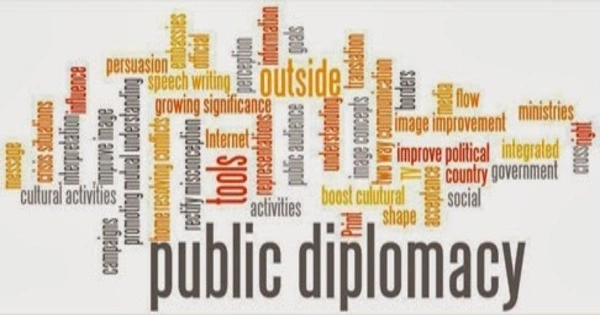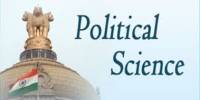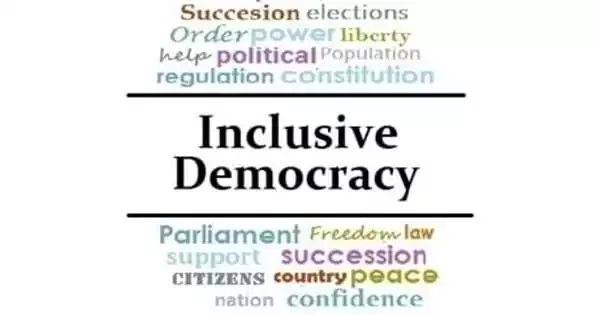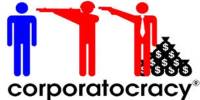Public diplomacy is a branch of international relations and foreign policy concerned with a government’s efforts to interact with and influence foreign publics in order to develop and maintain beneficial relationships between countries. Public diplomacy, also known as people’s diplomacy, is any of the various government-sponsored efforts aimed at communicating directly with foreign publics in order to establish a dialogue designed to inform and influence with the goal of building support for the state’s strategic objectives. Propaganda is one of them. It is frequently regarded as a type of soft power as opposed to hard power, which involves military and economic pressure.
Public diplomacy seeks to achieve foreign policy objectives by promoting a country’s values, culture, and policies, as well as by projecting a positive image of the country overseas. The practice of public diplomacy has evolved alongside the changing international order over the twentieth century. Its practitioners employ a wide range of tools and approaches, from personal contact and media interviews to the Internet and educational exchanges.
Key elements and tools of public diplomacy include:
- Cultural Diplomacy: This entails promoting a country’s culture, arts, language, and heritage in order to increase mutual understanding and enhance ties. Cultural exchanges, art exhibitions, music concerts, and language programs are examples of such activities.
- Educational Exchanges: Student exchanges and scholarships, for example, are used to expose people from other nations to one another’s cultures and promote cross-cultural understanding.
- Media and Communication: Using traditional and digital media to convey information, shape public opinion, and refute disinformation. In this context, government-funded worldwide broadcasting, such as the BBC or Voice of America, is a common technique.
- Public Relations and Advocacy: Governments engage with foreign publics and stakeholders through lobbying, advocacy, and building partnerships with non-governmental organizations, businesses, and individuals who share their objectives.
- Digital Diplomacy: Using social media, websites, and digital platforms to connect with people all over the world, convey information, and promote two-way communication. In this situation, social media is especially effective.
Public diplomacy is an important weapon in modern international relations because it promotes goodwill, fosters international cooperation, and helps to resolve issues peacefully. It is especially critical during times of crisis when public perceptions and attitudes can have a considerable impact on a country’s foreign relations. To achieve their foreign policy objectives, several countries have government agencies and groups committed to public diplomacy and cultural exchange programs.
















